Today, billions of people all over the world access social media platforms to share their thoughts, preferences, and plans, and the ability to efficiently automate the analytics of this huge data realm opens new perspectives to businesses of virtually any industry. And here, dedicated proxy servers will come in handy.
What are social media proxies?
A social media proxy is an intermediary proxy server designed to deliver more freedom, anonymity and capabilities for social media users. These proxies help disguise true IPs, bypass geo-restrictions, and manage multiple social network accounts for marketing activities. Since they route traffic via another, intermediary, server, the user IP address is hidden and target online resources handle this traffic, as if it were routed from another location.
For which social media platforms do you most often have to use proxies?
Most often, common users use proxies to bypass geo restrictions imposed by governments, while marketing specialists rely on proxy servers to enhance their work environment and automate marketing tasks.
People from over 50 countries all over the world face permanent, long- or short-term bans of a variety of social networks. Most often, they have to employ proxies to access the following social media platforms from different locations:
Facebook. A global social network with almost 3 billion monthly active users, ranks as the 3rd most visited website in the world. It implements its own strict data access limits and is permanently or occasionally blocked in 11 countries, including China, Iran, India, and Pakistan. Plus, with multiaccount setup, you can easily face Facebook login problems.
Instagram is a photo and video sharing platform with 2 billion monthly active users. Access to this social network is continually blocked in China, Iran, North Korea, and Russia. Though these are only four countries, Instagram itself implements strict anti-bot measures restricting data scraping efforts. These include a limited number of user requests per interval of time, CAPTCHAs, and session management.
Telegram is a popular cloud-based instant messaging software with 800 million active users. It is blocked in China, Thailand, Pakistan, Iran, and Cuba, and even Spain recently blocked it after the decision of Spain’s High Court. Besides, Telegram itself implements strict spam and bot fighting measures.
LinkedIn is a social network designed to bring together professionals, businesses, and employees. It’s the largest professional social network, with over 1 billion users from 200 countries. It is not available in Cuba, Iran, Syria, and Russia.
X (ex-Twitter) is a microblog social network with over 500 million registered users and the fifth-most visited website in the world. Twitter has a rich history of permanent and temporary bans by governments of multiple countries, from China and North Korea up to South Korea, Israel, and France.
TitTok is a popular social media platform for hosting short videos, with over two billion mobile downloads of the app worldwide. With the platform’s popularity, a number of AI video editors have surfaced in the market with easy-to-use features, such as screen recorder, subtitle generator, audio editor, background remover, AI avatar and even video translator, to cater to the needs of TikTok users. In geographical terms, it is probably one of the most banned social platforms globally: for security reasons, TikTok is blocked on devices of public officers in Australia, Canada, the UK, New Zealand, the Netherlands, India, and some other countries. There is a similar situation with WeChat, a Chinese instant messaging, social media, and mobile payment app with over 1 billion of active users. It is also banned on the devices of public officers in many countries.
YouTube is Google’s video sharing platform. It also has a long history of bans from different countries. YouTube is partially or fully blocked for a variety of reasons that may include criticism of state governments, copyright and intellectual property disputes, and bandwidth limitations. It is permanently banned in China, Iran, North Korea, and Turkmenistan. Occasional bans occurred in Brazil, Finland, Germany, and many other countries.
Get 20% off the original price with our special coupon!
BCR20
Why should you use social media proxies?
Besides purely personal reasons, like extra privacy and security or access to the banned social network for communication, users install proxies when engaged in marketing activities. Most often, proxies help in:
- automation of social media tasks. Proxies help automate bot-based posting and interaction across accounts in social networks;
- data scraping. Marketing professionals often retrieve information from social networks as the source of valuable data about consumer behavior. But scraping operations jeopardize the account, which can be banned by the social media that discover high-frequency requests from one device. And here proxies help to avoid the justifiable anger of the social media platform;
- managing multiple accounts. With the right proxy configuration, the social media platform will not be able to interrelate all accounts you use, and thus, will not mark your marketing activities as suspicious user behavior. This will enhance marketing safety and quality, improve your SMM and content management. So, with a proxy, you can just create multiple accounts on Facebook or any other social media you want;
- geo-specific marketing. With proper proxies in place, users can pretend they are situated in a certain country or region and thus get access to the content displayed only in this location.
How to choose a social media proxy
For SMM tasks, it is recommended to use residential or mobile proxies.
Residential proxies are IP addresses taken from the computers of existing users. They are a happy middle ground in terms of pricing and quality, with low risks of bans and georestrictions.
Mobile proxies are the most expensive and, at the same time, the most efficient, with the lowest chance of blocking. They are the perfect solution for platforms with the strictest anti-bot measures, such as Instagram.
Generated in a datacenter, datacenter proxies have IPs not connected to any ISP or residential equipment. Therefore, they are easier to detect and, in this sense, are not a perfect solution for social media tasks.
Where to buy social media proxies
There are a few simple rules that will help you make a good shot at choosing the proxy provider:
- Choose the companies that offer large IP pools to streamline switching between IPs. This will ensure better anonymity and lower the risks of ban;
- Read review to check reputation of the proxy provider;
- Check, if the proxy provider offers the type of proxy you need, like Facebook proxies or other specific types. Also check the options for the IP rotation feature;
- Find out, if the service offers Socks5 and IPv6 proxies;
- Consider free trial as an advantage that allows you to evaluate quality of proxies.
Should I use free social media proxies?
It’s not reasonable to use free proxies for social media platforms. Maintaining the IP pool is a challenging endeavor, and a proxy company bears certain expenses — so they can’t offer proxies for free. If they do so, they will need something in return, and this is usually your data.
Other drawbacks of free proxies include the high risk of being banned from social media platforms, a lack of privacy with the threat of your personal data theft, and — the least of all evils — low speed.
Frequently Asked Questions
Please read our Documentation if you have questions that are not listed below.
-
Is it enough to use proxies to collect social media data?
No, proxies are only one tool in the entire toolkit. Other applications include web scrapers, APIs, anti-detect browsers, and more.
-
What is an anti-detect browser?
Anti-detect browsers are designed to alter IP, geolocation, and other characteristics of browser profiles. Such modifications transform the user’s digital fingerprint, thus concealing the digital identity of the user.
-
Why are residential and mobile proxies better for social media than datacenter proxies?
Because datacenter proxies are easier to detect, and it heightens the risk of being banned.
-
Why do marketing professionals employ social media platforms?
Social media are a valuable source of consumer data. They can shed light on real-time engagement rates, assist with brand monitoring, demographic analysis, and campaign metrics. Besides, information one can collect in social networks is the key to consumer and influencer insights.
Top 5 posts
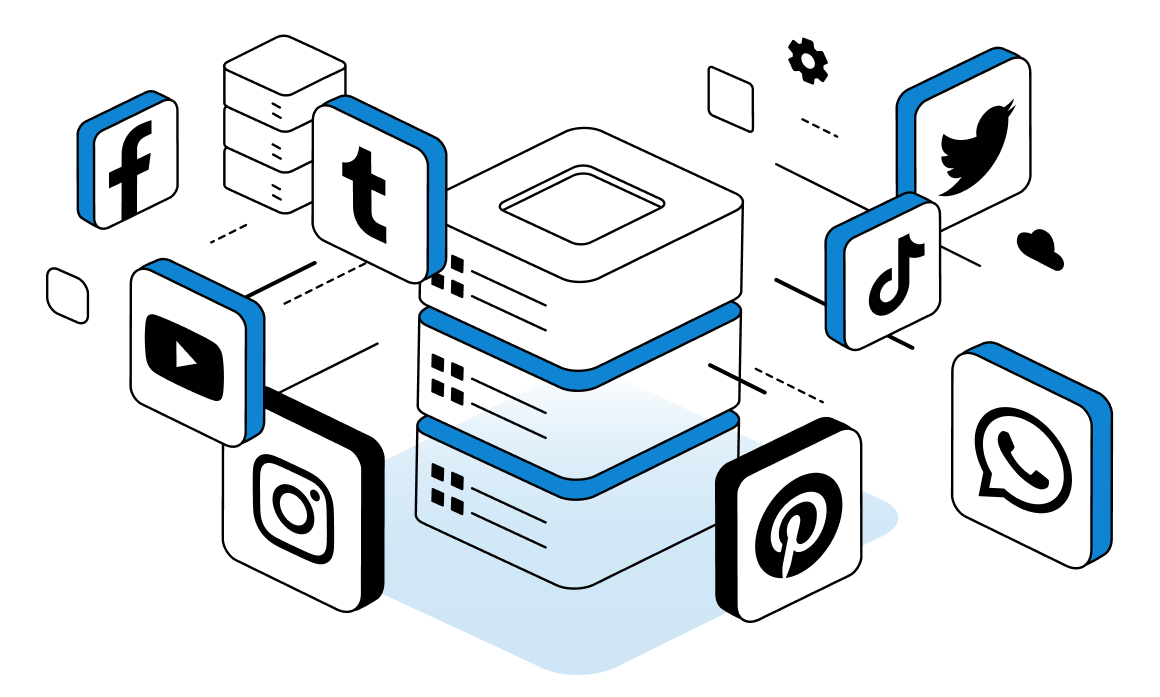

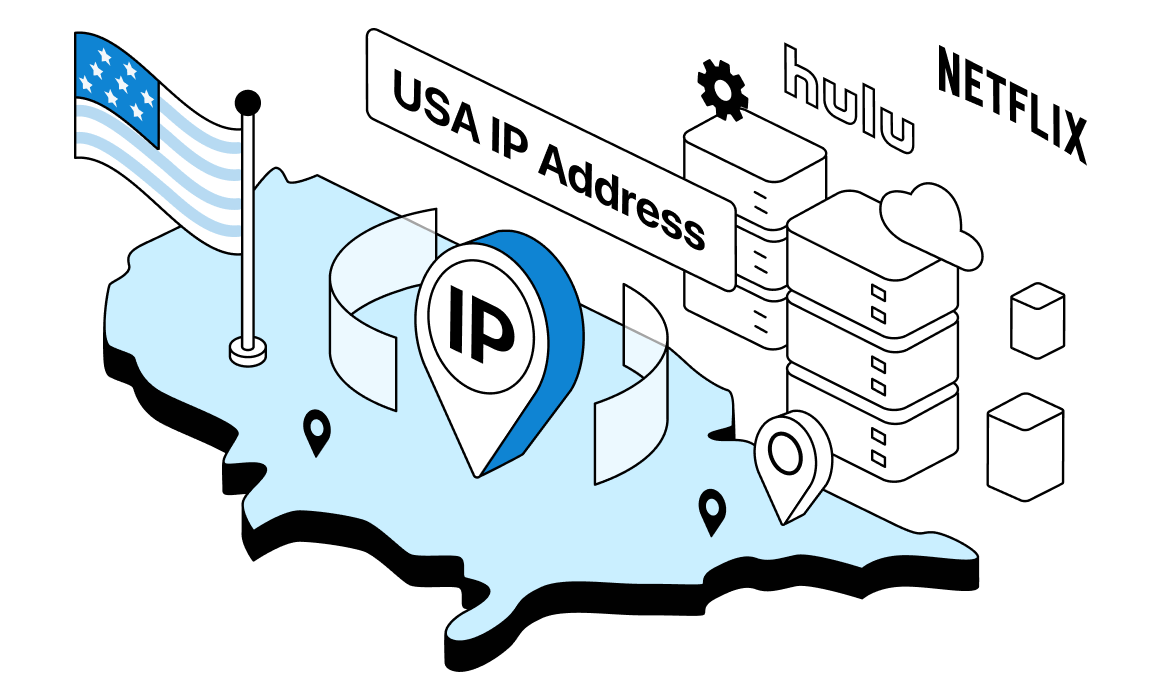

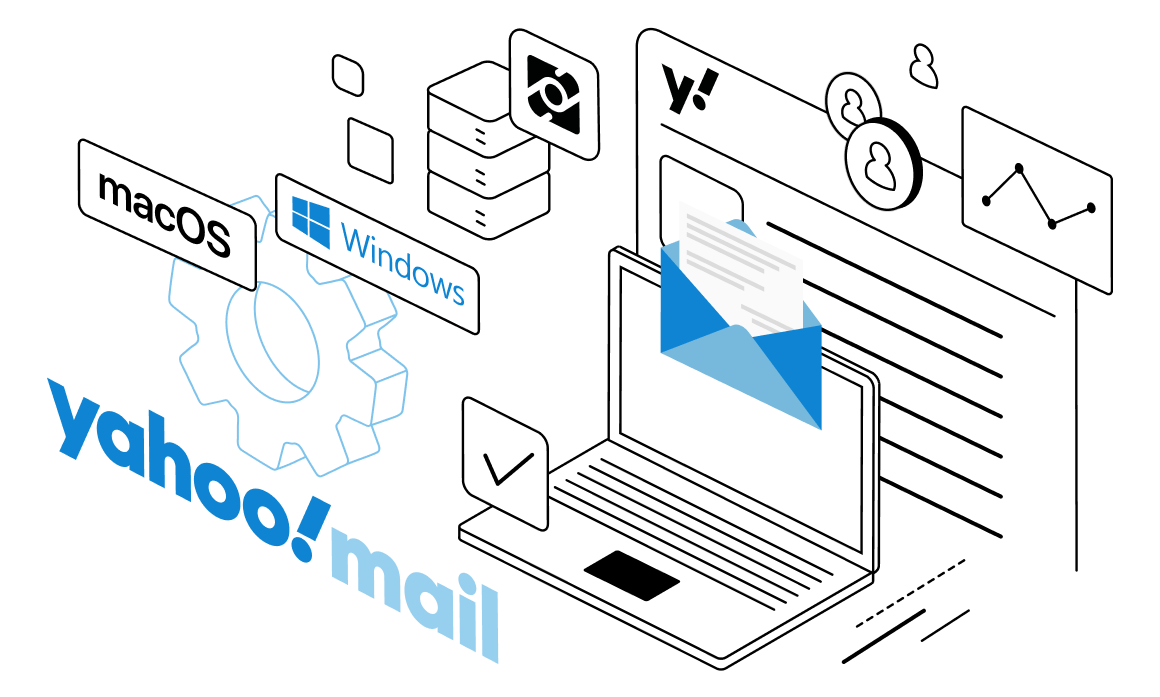

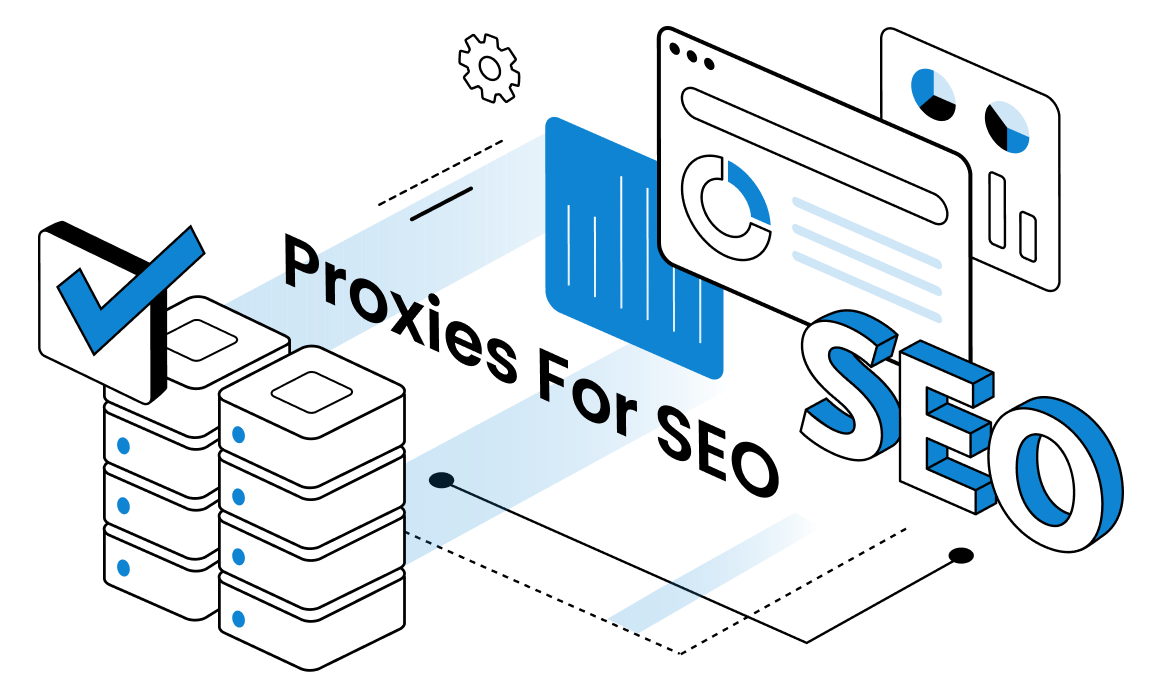
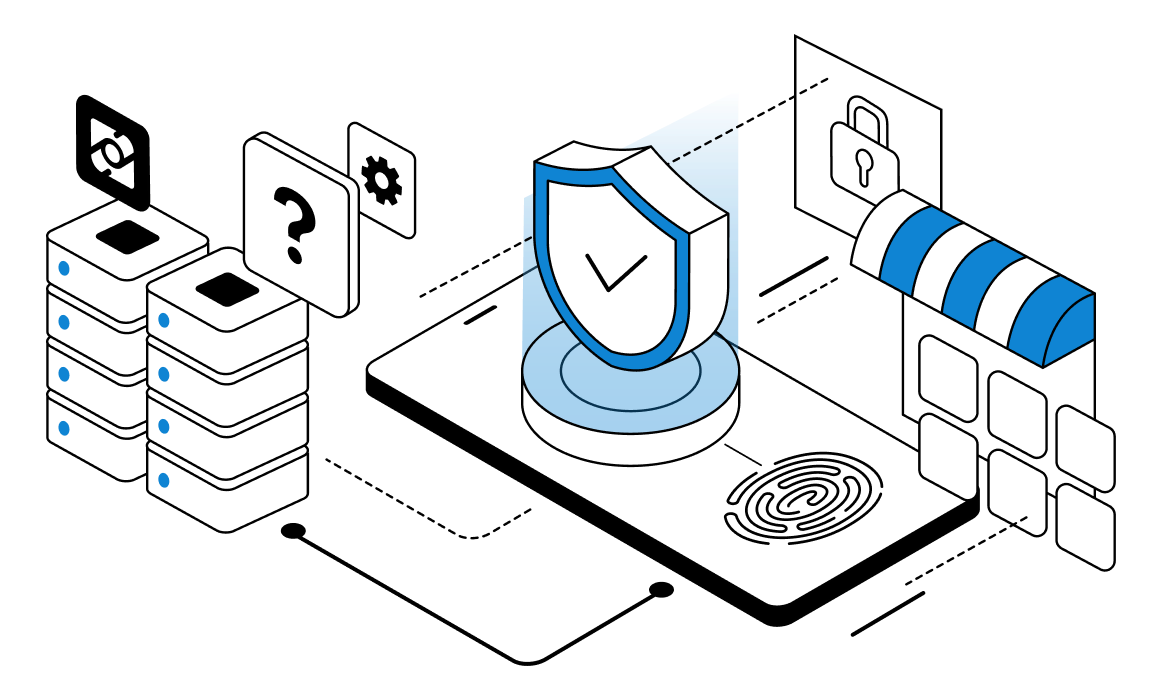

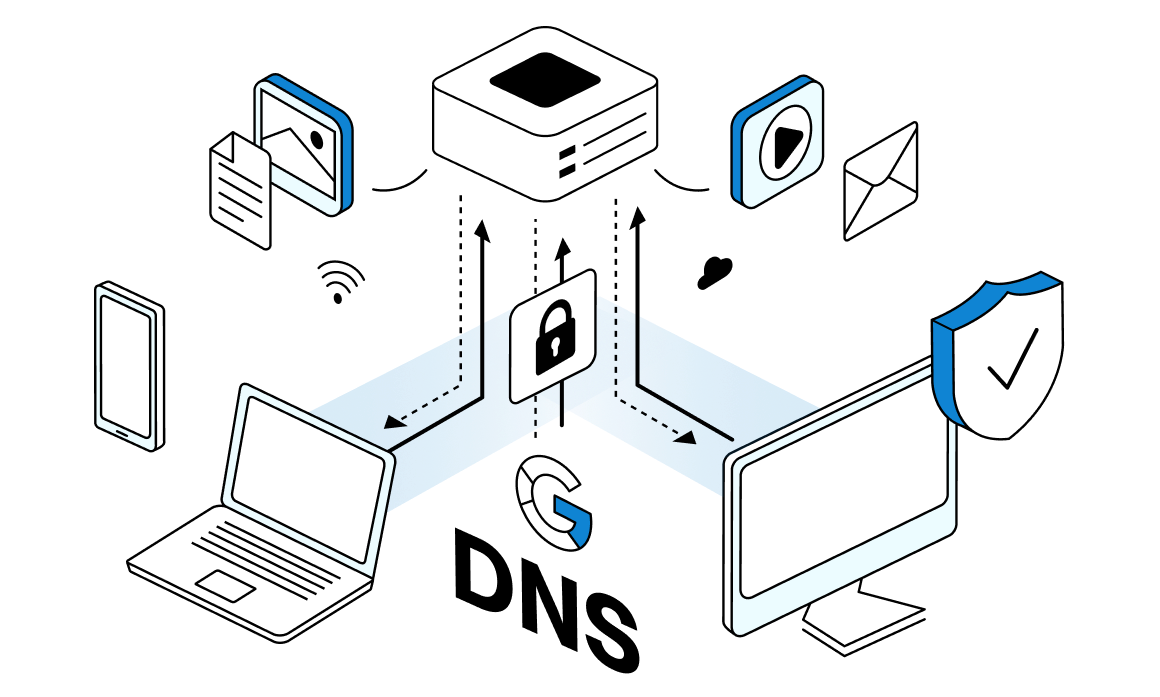
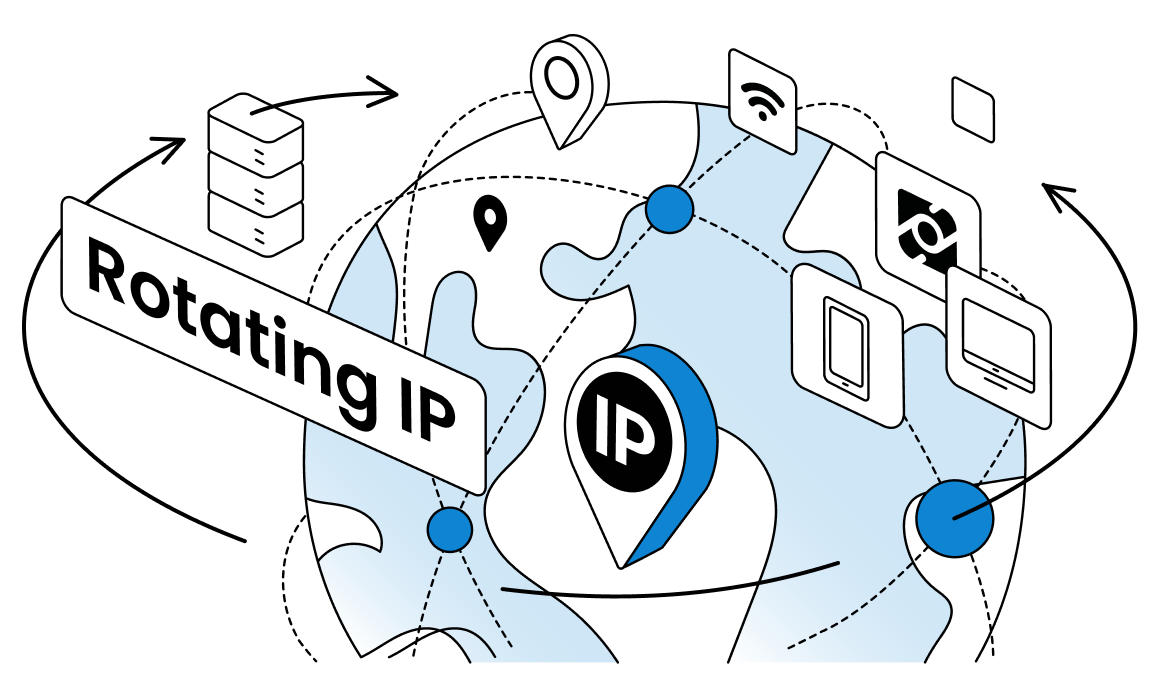
Whether you want to watch Netflix just like a regular American or need to run a web scraping operation on US-based servers, you will need a proxy to help you do that job successfully.
The traditional and conventional US IPs lie in the range of 100.128.0.0 to 100.255.255.255. Such IPs can be obtained as residential proxies validated by US Internet Service Providers. Over 8 million reliable addresses are in this range that can be verified by a traditional proxy checker.